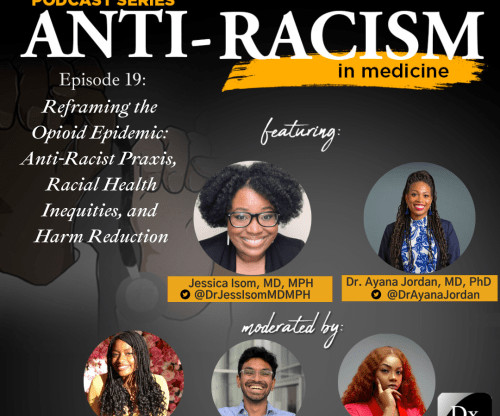Position Statement on Measurement Based Care
Integrated Care News by CFHA
MAY 19, 2025
As a clinical process, MBC is distinct from other important healthcare concepts, such as behavioral health screening, diagnostic clarification, or program evaluation. (3, MBC supports optimal outcomes and interdisciplinary care of all patients in their pursuit of health and healing. 3, 4) Why is MBC important? 3, 5, 6) b.



















Let's personalize your content